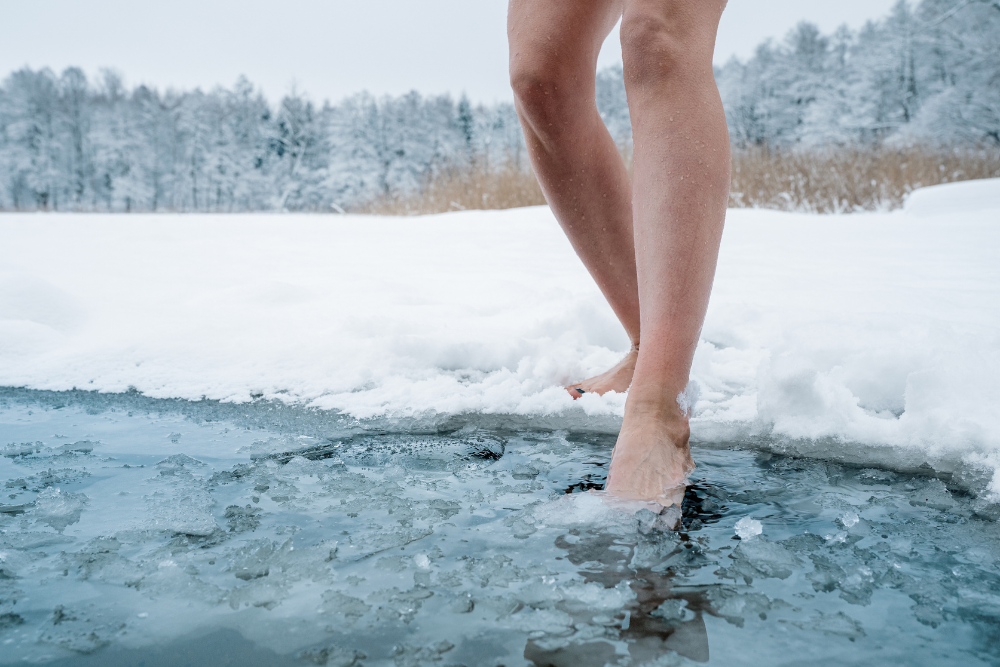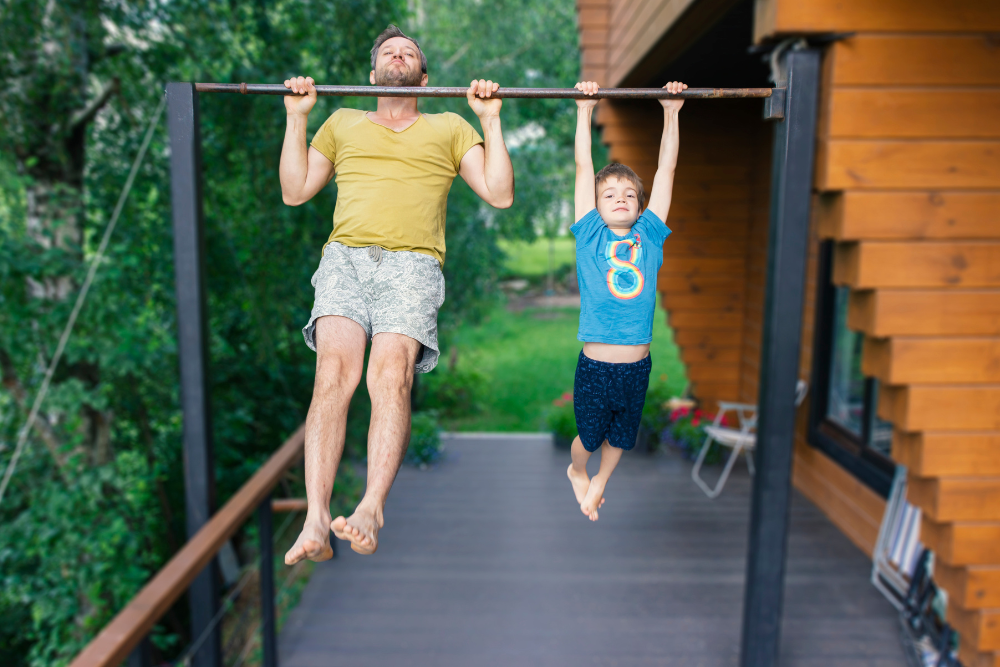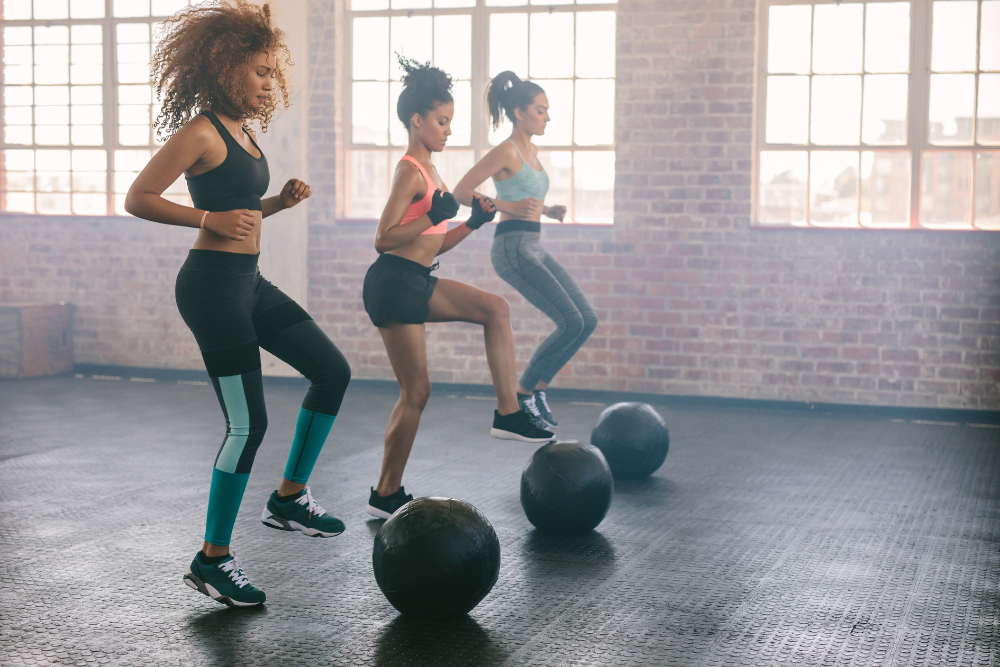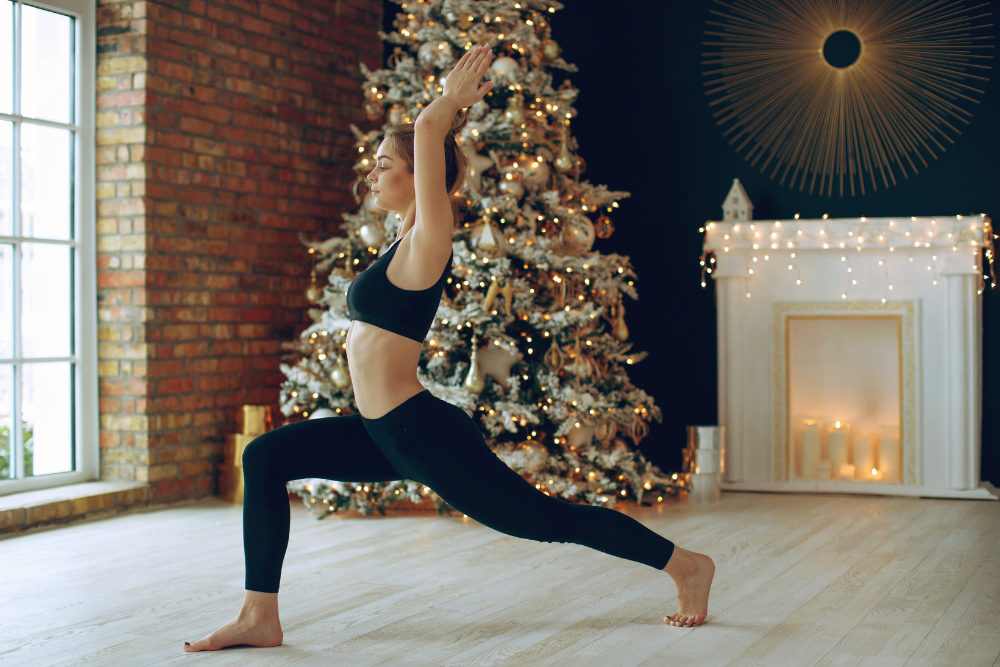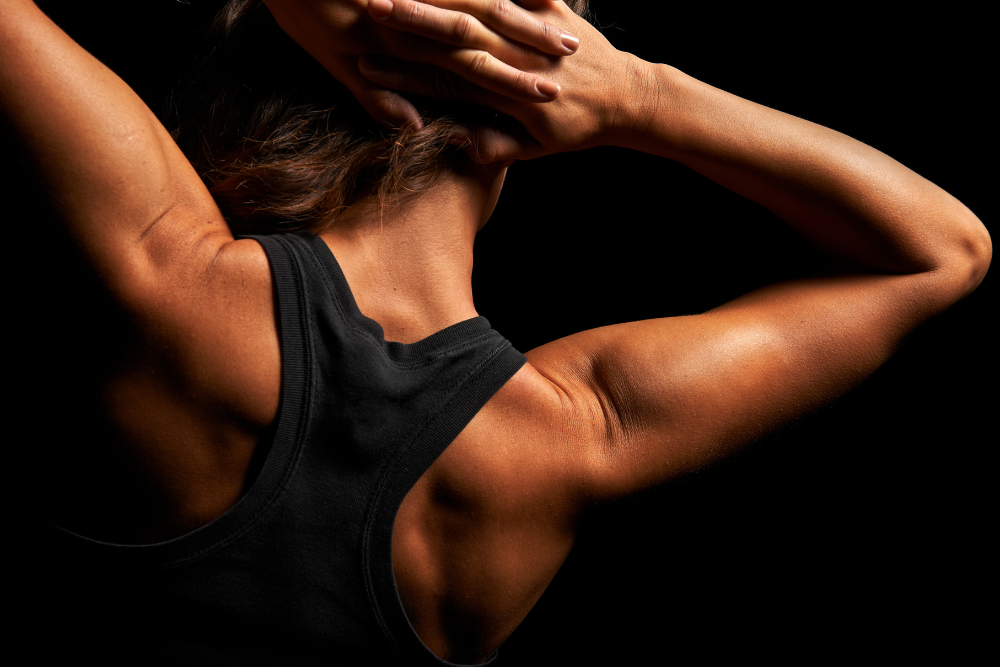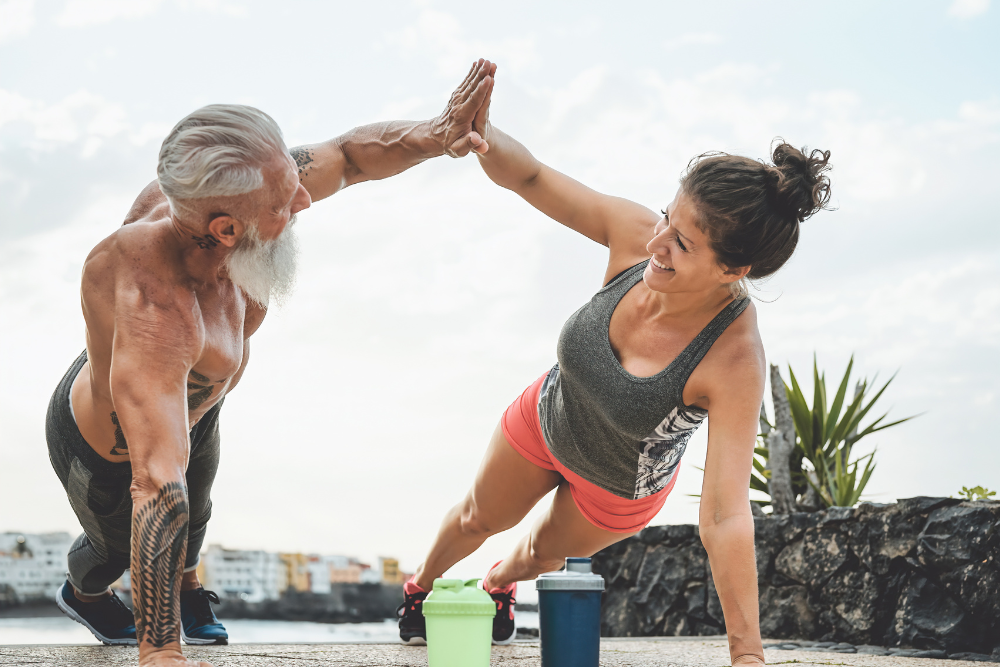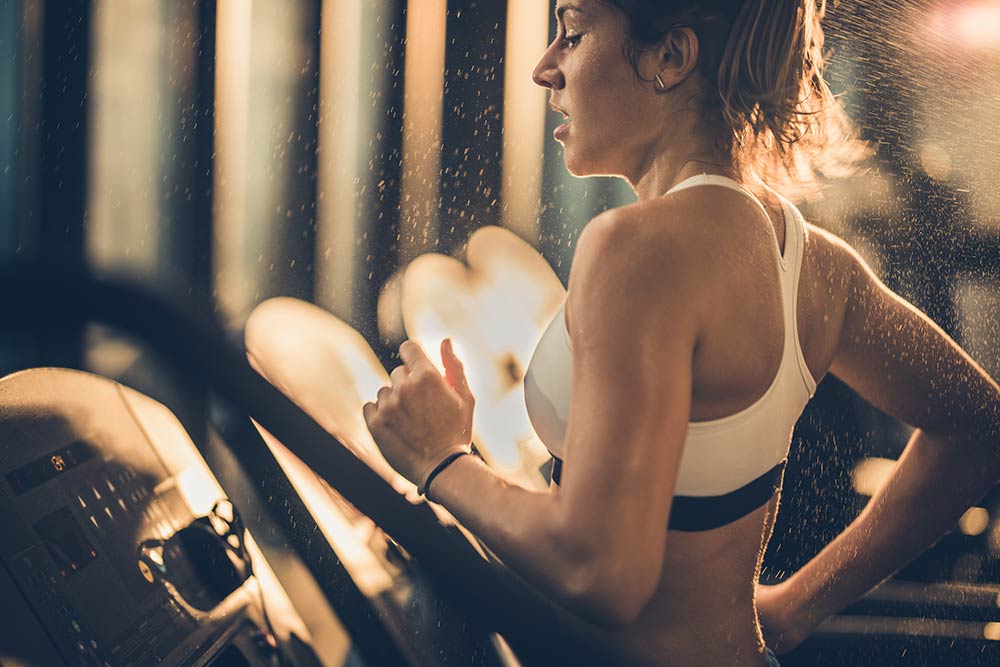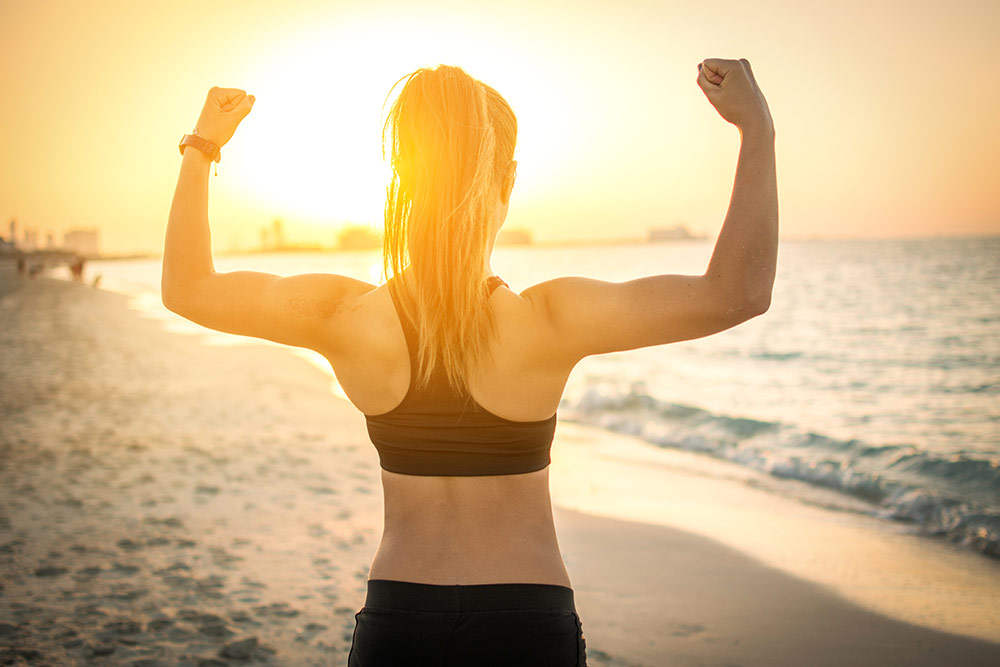Children & Relative Age Effect
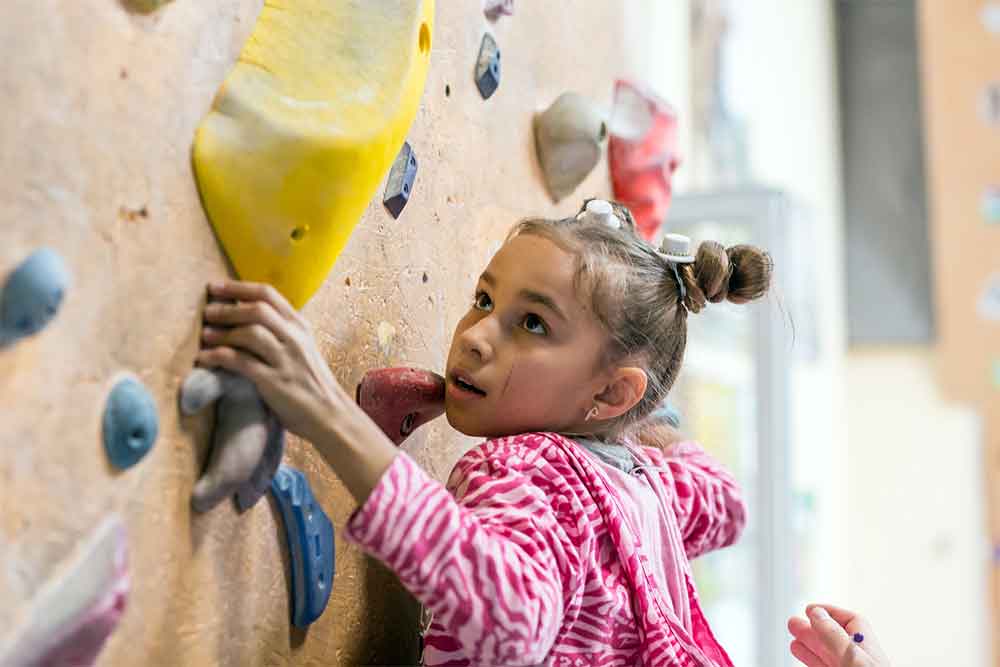
Alyssa Bialowas
Relative Age Effect is the bias that athletes at the top level of their sport are older, and were born in months earlier in their sports relative cut-off period. For instance, a hockey player born in January of the same year as a hockey player born in December is almost a whole year older, and arguably more biologically, physically and emotionally mature. Research has widely concluded that athletes born earlier have a higher chance of success when it comes to sport, as they will be competing against others who are much younger but born in the same year.
Older athletes tend to be over-represented in sports where there is a talent selection process, which means the system lacks fairness and an overall acknowledgment that younger children are often less biologically mature and should be given an equal chance.
Study
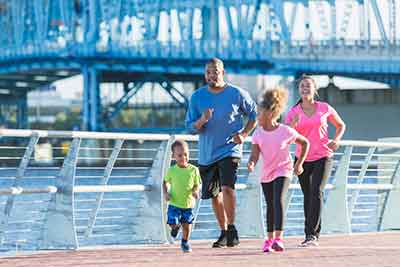 To examine Relative Age Effect in children, Müller, Hildebrandt and Raschner (2017) studied young athletes at the 7th International Children’s Winter Games in 2016. The study looked at 572 participants (365 males and 207 females) from 22 different countries ranging from 12.1 to 15.0 years. Three birth years (2001 to 2003) and birth months were used to establish twelve groups of relative age quartiles, and the participants were divided into three maturity groups: late, normal and early maturing.
To examine Relative Age Effect in children, Müller, Hildebrandt and Raschner (2017) studied young athletes at the 7th International Children’s Winter Games in 2016. The study looked at 572 participants (365 males and 207 females) from 22 different countries ranging from 12.1 to 15.0 years. Three birth years (2001 to 2003) and birth months were used to establish twelve groups of relative age quartiles, and the participants were divided into three maturity groups: late, normal and early maturing.
Related Article: FUNtervals – Exercise Intervals For Children
The different sports were also divided into three types – strength-, endurance-, and technique-related sports. Alpine skiing and hockey were categorized as strength-related; biathlon, cross-country skiing and speed skating were categorized as endurance-related; and figure skating, snowboarding and freestyle skiing were categorized as technique-related.
Results
Strength- and endurance-related sports were based on the power and endurance of the participant, and technique-related sports were determined by judging points. There was an over-representation of athletes born at the beginning of the first eligible age group and an under-representation of athletes born in the last relative age quarters.
Related Article: Study Shows Active Children Are Better At Math
The likelihood of selection for the International Children’s Winter Games was 3.5 times higher for an older athlete than from the last relative age quarter. For male athletes, the likelihood was 3.1 times higher, and for female athletes, the likelihood was 4.2 times higher. The results of the study revealed that the majority of younger athletes only had a chance for selection if they were early maturing, while older athletes had an increased likelihood of selection regardless of their biological maturity.
Takeaway
Further research would benefit by looking at a wider range of sports, especially group sports where individuals are explicitly up against each other. It would also be beneficial to be more specific in terms of types of sports, for instance including individual strength-related sports vs. group strength-related sports, etc. The winter sport selection process should not discriminate against younger athletes and needs to incorporate fairer selectiveness by considering relative age and biological maturity status.
You Might Like:
The Science of Temperature Therapy
Temperature therapy (also known as “thermal therapy” or “thermotherapy”) involves the use of heat or cold to improve health and function. Interestingly, thermotherapy has been around for centuries, with ancient cultures regularly using hot springs,...The Predictors of Longevity You Need to Care About
Living a long and healthy life is a universal aspiration, and with the publication of Peter Aittia’s new book “Outlive”, it has never been a bigger focus. With this has come the realisation that, while...How Overtraining and Undertraining Impacts Hormonal Health
While maintaining a healthy hormonal balance is essential for overall health and wellbeing, it is an often-overlooked component of women’s health. Hormones play a vital role in regulating various bodily functions, including metabolism, energy, mood,...12 days of Fitness: 12 Holiday workouts to crush this Christmas
The holiday period is a time for friends, food, and family. With this in mind, it should be a time of guilt-free fun. However, that doesn’t mean you have to neglect your fitness entirely over...Upper Body Strength in Post-Menopausal Women
Menopause is a unique time in the human life, and with it comes a myriad of changes that can have wide reaching health implications. However, over the last 20 years we have seen a strong...Exercise After Menopause: What You Need To Know
Menopause is one of the most significant events in a woman’s life, and with it comes several changes that can affect function. Moreover, the post-menopausal period comes with many health considerations that can have a...References:
Müller, L., Hildebrandt, C., and Raschner, L. (2017). The Role of a Relative Age Effect in the 7 International Children’s Winter Games 2016 and the Influence of Biological Maturity on Selection. Journal of Sports Science and Medicine, 16: 195-202.

